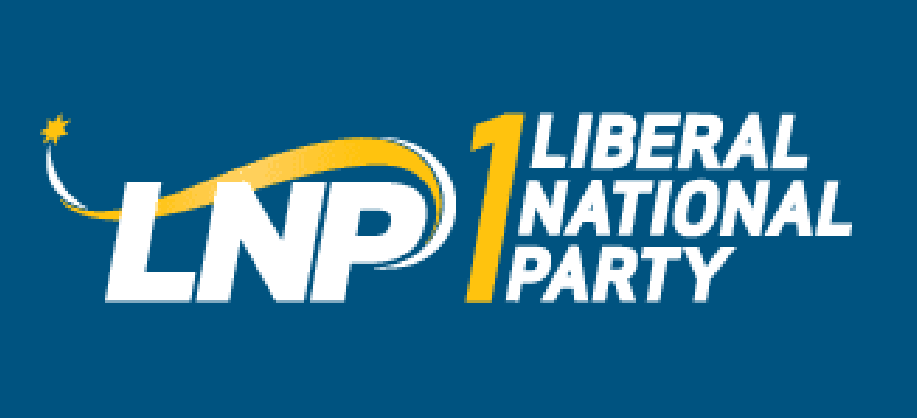GUIDELINES NOW AVAILABLE FOR LOCAL GRANTS AS PART OF THE PREPARING AUSTRALIA PROGRAM
Federal Member for Wide Bay and Deputy Speaker of the House of Representatives Llew O’Brien is urging local councils, community organisations and not-for-profit groups to get their projects lined up now for the $150 million first round of the Preparing Australian Communities Program – Local ahead of the opening of applications on December 10.
“Grants from $20,000 to $10 million will be available for eligible projects that help to assess and plan for disaster risk, increase capacity and raise awareness of disaster risk, or deliver resilient infrastructure for Wide Bay communities,” Mr O’Brien said.
“The Liberal and National Government is investing heavily in initiatives to help communities across Australia prepare for natural hazards. Round One of the $600 million Preparing Australia Program is focussed on building community resilience to bushfire, tropical cyclone and floods.
“The grant guidelines contain important information about eligibility and assessment criteria, and are available now so I encourage community organisations in Wide Bay to think about their disaster risk and check the guidelines to start preparing an application now.”
In May 2021, Prime Minister Scott Morrison announced the $600 million Preparing Australia Program in response to the recommendations of the Royal Commission into National Natural Disaster Arrangements, to bring a greater focus to disaster risk reduction.
Guidelines, Frequently Asked Questions, a sample application form, and support resources are available at www.business.gov.au/grants-and-programs/preparing-australian-communities-local-stream
Applications will open on 10 December 2021, with successful projects to commence by mid-2022.
Further information about the Preparing Australia Program is available at recovery.gov.au/preparing-australia-program.
In addition to the $600 million Preparing Australia Program, the Australian Government’s investment in resilience, risk reduction and preparedness includes:
- $4.5 million National Capability Package.
- $20 million Betterment Fund in Queensland, jointly funded with Queensland Government, with $10 million from the Australian Government, to rebuild essential public infrastructure damaged in the 2020-21 disaster season to a more resilient standard.
- $27.1 million Strengthening Telecommunications Against Natural Disasters (STAND) package to improve the resilience of Australia’s communications networks in bushfire and disaster prone areas program funded under the $2 billion National Bushfire Recovery Fund.
- $40 million North Queensland Strata Title Resilience Pilot Program, part of the Northern Australia Insurance Package.
- $85 million Natural Hazards Research Australia (NHRA), a new natural hazards and disaster resilience research centre for the next ten years.
- $200 million Infrastructure Betterment Fund in New South Wales, jointly funded with the NSW Government, with $100 million from the Australian Government.
- $261 million Disaster Risk Reduction Package, jointly funded with states and territories, with $130.5 million from the Australian Government.
- $4 billion Emergency Response Fund (ERF), provides up to $50 million annually for pre-disaster resilience initiatives.The $50 million component of the ERF for 2020-21 has been allocated to fund or co-fund 22 priority flood mitigation infrastructure projects across the country under the National Flood Mitigation Infrastructure Program
The Australian Government is also building resilience into its recovery investments, such as the $2.8 billion for 2019-20 Black Summer bushfire recovery.


